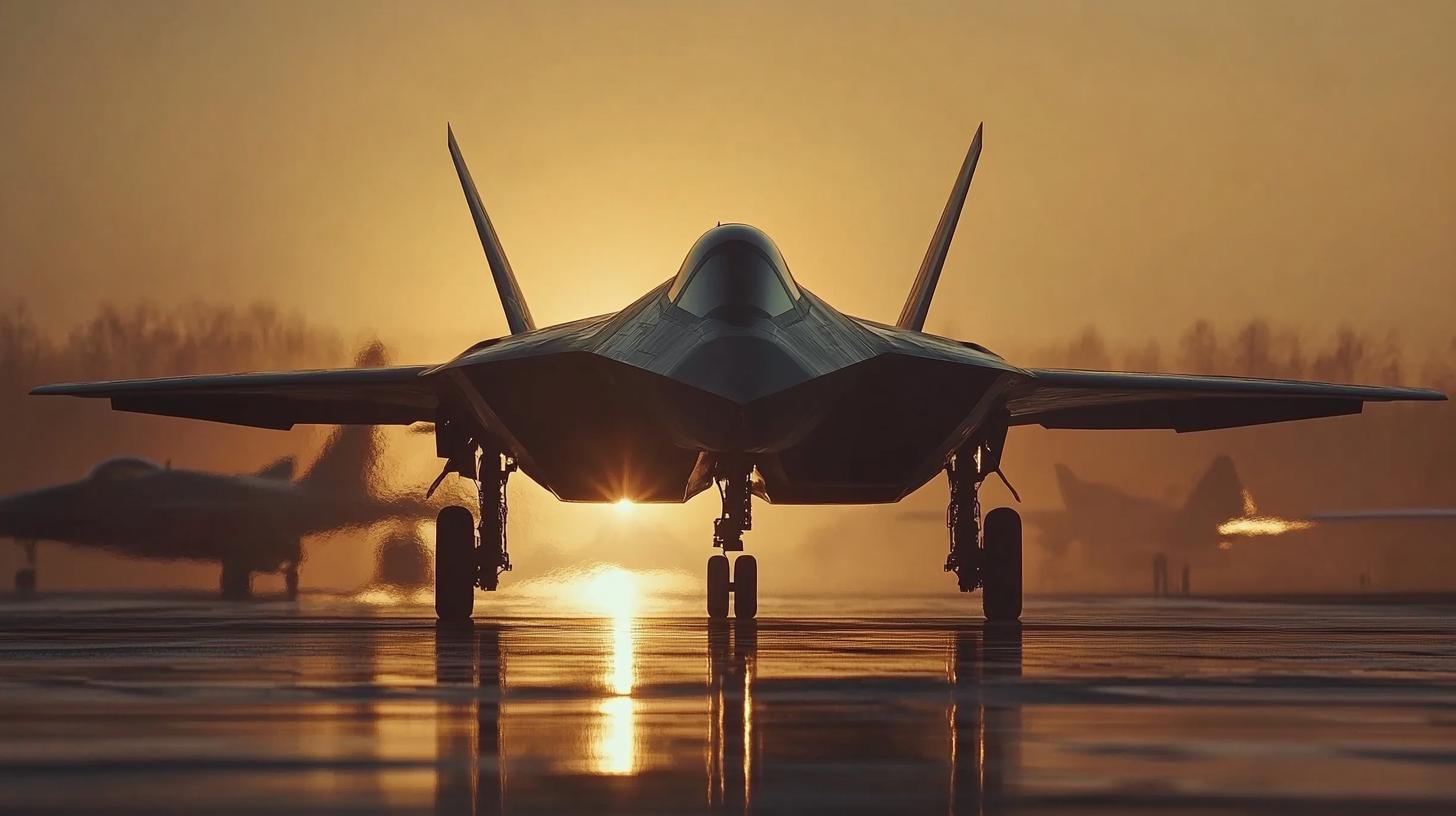Flight attendants play a crucial role in the airline industry, ensuring passenger safety and comfort during flights. However, their working conditions and compensation have been a subject of debate and negotiation in recent years. This article explores the challenges faced by flight attendants in securing fair contracts and the ongoing negotiations between airlines and unions.
Southwest Airlines Flight Attendants Reject Tentative Agreement
In a recent development, Southwest Airlines’ flight attendants rejected a tentative contract agreement, with 64% of them voting against the proposed five-year deal1. The Transport Workers Union (TWU) Local 556, representing nearly 19,000 flight attendants, stated that the proposed contract would not “heal the hurt” and demanded higher pay and better work rules1. The previous contract came up for renewal in 2018, and rivals American Airlines and United Airlines are also still negotiating with their flight attendants1.
Southwest’s proposed contract included a 20% pay raise beginning next month and a 3% annual raise in 2025, 2026, 2027, and 20281. The union had said that this would have resulted in a 36% increase over the life of the contract for flight attendants at the top of the scale and up to 90% for other seniorities1. The tentative agreement also provided for paid parental and maternity leave with insurance coverage1.
Contract Flight Attendants: A Growing Trend
As the airline industry continues to evolve, contract flight attendant positions have become more prevalent2. These jobs offer flexibility and the opportunity to work for various companies, but they may also come with less job security and fewer benefits than full-time positions.
FAQ
What is a contract flight attendant?
A contract flight attendant is a professional who works on a contractual basis, providing in-flight services for various companies. They may work for corporate or commercial airlines and are typically hired for a specific period or project.
What is the role of a union in flight attendant contract negotiations?
Unions represent the collective interests of flight attendants in negotiations with airlines. They work to secure fair contracts that include competitive wages, benefits, and working conditions for their members.
Why are flight attendants rejecting proposed contracts?
Flight attendants may reject proposed contracts if they believe the terms do not adequately address their needs and concerns. This can include issues related to pay, benefits, work rules, and overall working conditions.
Glossary
– Contract Flight Attendant: A flight attendant who works on a contractual basis, providing in-flight services for various companies.
– Transport Workers Union (TWU): A labor union representing workers in various transportation industries, including flight attendants.
– Tentative Agreement: A preliminary agreement reached during contract negotiations, subject to approval by union members.









